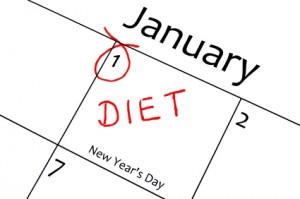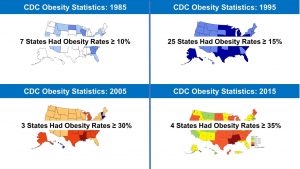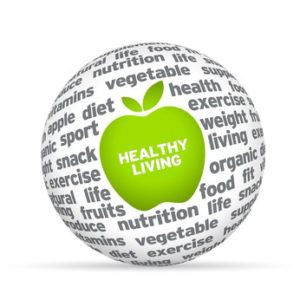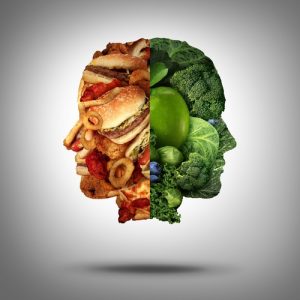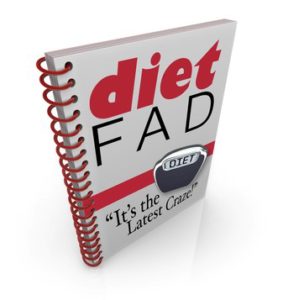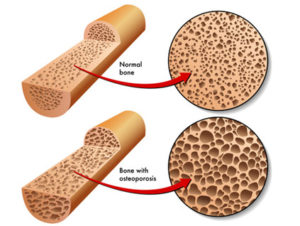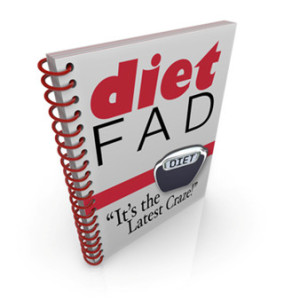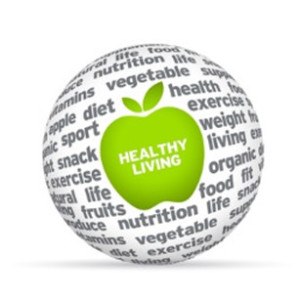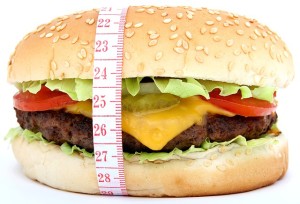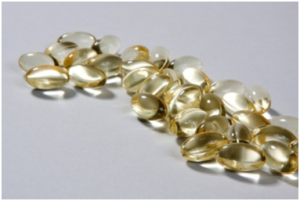Do Real Men Eat Meat?
 Meat has a certain mystique among some men. They believe real men eat meat, especially red meat. The belief is that eating red meat makes them bigger, stronger, and more virile. In that world view, vegetarianism is effeminate.
Meat has a certain mystique among some men. They believe real men eat meat, especially red meat. The belief is that eating red meat makes them bigger, stronger, and more virile. In that world view, vegetarianism is effeminate.
How much of that is true? Let’s start by looking at the bigger and stronger part:
- Animal proteins are higher in the branched chain amino acids, especially leucine, which help drive the increase in muscle mass associated with exercise. However, meat protein is digested slowly.
- Milk protein is also high in branched chain amino acids and is digested more quickly. That’s why many body building supplements are whey protein based.
- In addition, leucine is now being added to some of the plant protein supplements. Those supplements are often as effective as whey protein supplements at driving the increase in muscle mass associated with exercise
But what about virility? Does meat make men more virile? Fortunately, we now have an answer to these questions. A recent study (L Nassan et al., JAMA Network Open, 2020; 3(2) :e1921610) has looked at the effect of diet on sperm count and sperm quality.
How Was The Study Done?
 In Denmark, all men are required to undergo a physical examination around age 18 to determine their fitness for military service. Research staff at the University Department of Growth and Reproduction at Rigshospitalet in Copenhagen approached young men undergoing their physical exams and invited them to participate in this study.
In Denmark, all men are required to undergo a physical examination around age 18 to determine their fitness for military service. Research staff at the University Department of Growth and Reproduction at Rigshospitalet in Copenhagen approached young men undergoing their physical exams and invited them to participate in this study.
The men filled in a food frequency questionnaire, answered questions about their lifestyle and medical history and provided semen and blood samples for the study prior to undergoing their physical exam. 2935 men who were unaware of their fertility status and not using anabolic steroids were included in the data analysis.
The average age of participants in the study was 19 and 78% of them were of normal body weight.
The participants were divided into four groups based on their diet:
1. Western Diet characterized by a higher intake of pizza, French fries, processed and red meats, snacks, refined grains, sugary beverages and sweets.
2. Danish Diet characterized by a higher intake of cold processed meats, whole grains, fruits, mayonnaise, cold fish, condiments, and dairy.
3. Vegetarian Diet characterized by a higher intake of vegetables, soymilk, and eggs, without red meat or chicken.
4. Prudent (Healthy) Diet characterized by a higher intake of fish, chicken, vegetables, fruit, nuts, and water.
The effect of these diets on sperm count and sperm quality were compared.
Does Diet Affect Sperm Quality?
 When the authors measured sperm counts in the study participants, the results were as follows:
When the authors measured sperm counts in the study participants, the results were as follows:
- Greatest adherence to a prudent diet resulted in a sperm count of 167 million.
- Greatest adherence to a vegetarian diet resulted in a sperm count of 151 million.
- Greatest adherence to a Danish diet resulted in a sperm count of 146 million.
- Greatest adherence to a Western diet resulted in a sperm count of only 122 million -27% lower than for men eating a prudent diet.
- Similar results were reported for measure of sperm quality, such as sperm motility (how fast the sperm can swim) and normal sperm morphology (sperm without visible defects).
- These results are similar to several earlier studies showing that men eating a healthy diet have greater sperm count and sperm quality.
The authors concluded: “Our findings support the evidence that adhering to generally healthy diet patterns is associated with better semen quality and more favorable markers of testicular function. Because diet is modifiable, these results suggest the possibility of using dietary intervention as a potential approach to improving testicular function in men of reproductive age.”
Do Real Men Eat Meat?
 Now it is time to come back to the original question, “Do real men eat meat”. Or more specifically, does red meat consumption increase virility? Of course, the whole question of whether a single food affects virility, or any other aspect of manliness, is bogus.
Now it is time to come back to the original question, “Do real men eat meat”. Or more specifically, does red meat consumption increase virility? Of course, the whole question of whether a single food affects virility, or any other aspect of manliness, is bogus.
Individual foods don’t affect our health. Diets do. So, let’s review how diets affect men’s sperm count and sperm quality.
- The highest sperm count and sperm quality was associated with the prudent diet. This diet relied primarily on fish and chicken as protein sources but did not exclude red meat. It was also a diet high in vegetables, fruits, nuts, and water (in place of sugary beverages).
- The second highest sperm count and sperm quality was associated with the vegetarian diet. This diet relied on beans and eggs as the primary protein sources. It specifically excluded red meat and chicken but did not exclude fish. It was also high in fruits and nuts. Soy milk, tea, and coffee were the main beverages.
- The third highest sperm count and sperm quality was associated with the Danish diet. This diet relied on cold processed meats (some of which were red meats), cold fish, and dairy for protein. However, it also was rich in whole grains and fruits. Water and sugary beverages were consumed in equal proportions.
- The lowest sperm count and sperm quality was associated with the Western diet. This diet relied on red and processed meats as the primary protein source. However, it was also high in refined grains, snacks, sugary beverages, sweets, and junk foods.
So, if we are using sperm count and sperm quality as a measure of virility, it is clear that real men don’t eat red meat. Or put another way, a diet rich in red meat is more likely to reduce sperm count and sperm quality than it is to increase it.
However, a small amount of red meat as part of an overall healthy diet can be consistent with good sperm count and quality.
In short, diet does affect sperm quality. For example, based on this study:
- An 8-ounce steak with French fries, cherry pie, and a soft drink (or, in our part of the country, sweet tea) may not be good for your sex life.
- If you don’t want to give up red meat, a better choice might be 3-ounces of steak in a vegetable stir fry, fruit for dessert, and water or tea as your beverage.
- If you want to maximize sperm count and sperm quality, an even better choice would be chicken, fish, or beans with vegetables, fruit for dessert, and water or tea as your beverage.
The Bottom Line
Meat has a certain mystique among some men. They believe real men eat meat, especially red meat. The belief is that eating red meat makes them bigger, stronger, and more virile.
How much of that is true. We already know that meat has no magical power to make men bigger and stronger. But what about virility? Does meat make men more virile? Fortunately, we now have an answer to that question. A recent study has looked at the effect of diet on sperm count and sperm quality.
- The highest sperm count and quality was associated with a prudent diet. This diet relied primarily on fish and chicken as protein sources but did not exclude red meat. It was also a diet rich in vegetables, fruits, nuts, and water (in place of sugary beverages). In other words, it was a healthy diet.
- The lowest sperm count and quality was associated with the Western diet. This is a diet that relies on red and processed meats as the primary protein source. However, it is also high in refined grains, snacks, sugary beverages, sweets, and junk foods.
So, if we are using sperm count and sperm quality as a measure of virility, it is clear that real men don’t eat red meat. Or put another way, a diet rich in red meat is more likely to reduce sperm count and quality than it is to increase it.
However, a small amount of red meat as part of an overall healthy diet can be consistent with good sperm count and sperm quality.
In short, it appears that diet does affect sperm quality:
- An 8-ounce steak with French fries, cherry pie, and a soft drink (or, in our part of the country, sweet tea) may not be good for your sex life.
- If you don’t want to give up red meat, a better choice might be 3-ounces of steak in a vegetable stir fry, fruit for dessert, and water or tea as your beverage.
- If you want to maximize sperm count and sperm quality, an even better choice would be chicken, fish, or beans with vegetables, fruit for dessert, and water or tea as your beverage.
These statements have not been evaluated by the Food and Drug Administration. This information is not intended to diagnose, treat, cure or prevent any disease.

